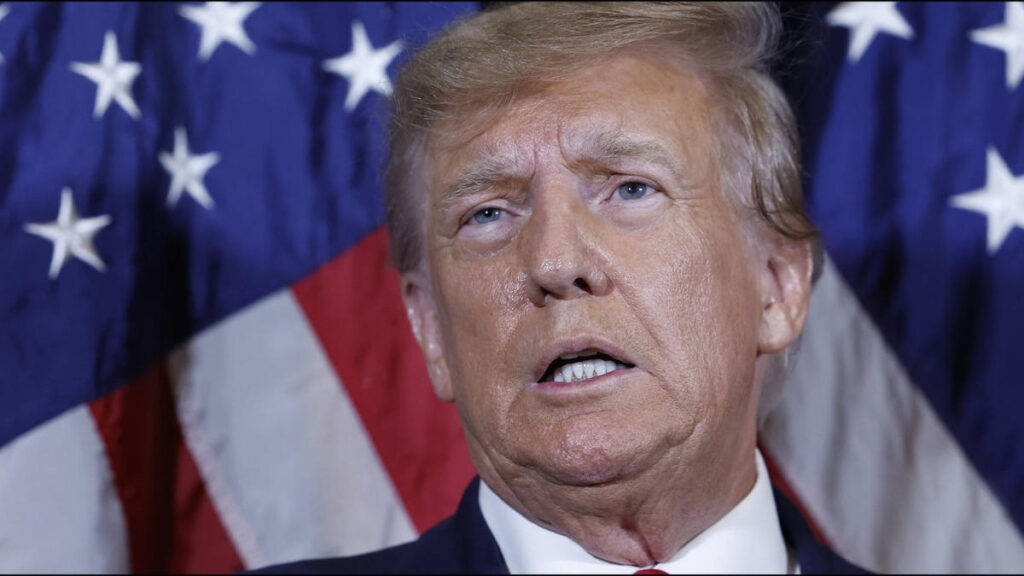Donald Trump’s second term in office seems to be marked by an even greater willingness to leverage his political position for personal profit than during his first term. His administration appears to be comprised of individuals who are similarly inclined toward self-interest, raising significant ethical concerns about their motivations and decisions. This apparent disregard for the separation of personal finances and public service could lead to a notable disconnect between the aspirations of the administration and the expectations of the American public, who are becoming increasingly disillusioned with perceived corruption in government.
As Trump selects individuals for key roles, it is evident that many of these appointees share his transactional view of politics; this has the potential to create a governance style focused more on enriching themselves than on effective policymaking. The implications of this could be profound, especially as the nation grapples with pressing issues such as economic inequality, climate change, and social justice. Critics argue that a self-serving government may prioritize the interests of the wealthy and powerful over those of average citizens, potentially exacerbating tensions within society.
Simultaneously, the American electorate is becoming increasingly vocal in its discontent, driven by a growing awareness of inequities and a demand for accountability in leadership. This anger is reflected not only in grassroots movements but also in the conduct of congressional members, who must respond to their constituents’ frustrations. As discontent grows, the likelihood of conflict between a self-interested Trump administration and an outraged citizenry increases, possibly leading to a political environment rife with division and instability.
The podcast hosts Melissa Murray and Philip Bump engage in a discussion about the implications of this potential clash. They explore how the motivations of Trump’s administration can be seen as a reflection of broader trends in American politics, where the lines between public service and private gain are increasingly blurred. Moreover, they consider the long-term effects of such a governance model on democracy and public trust, a vital element that may be eroding under the weight of these developments.
Listening to public sentiment will be crucial for Congress members who are caught between their obligations to their constituents and the potential benefits of aligning with a self-serving administration. This tension can lead to a precarious balancing act, as elected officials navigate their roles in a system that values loyalty and compliance as much as it does accountability to the voters. As the 2024 elections approach, the repercussions of these dynamics are likely to become more pronounced, influencing electoral outcomes and the political landscape.
In conclusion, the interplay between a potentially self-interested Trump administration and an increasingly assertive electorate could reshape American politics in significant ways. As debates over ethics and governance take center stage, the necessity for transparency and accountability will be undeniable. How Congress responds to this climate may well determine the future direction of the country, as both leaders and citizens grapple with the challenges of representing democracy in a time marked by division and distrust.

